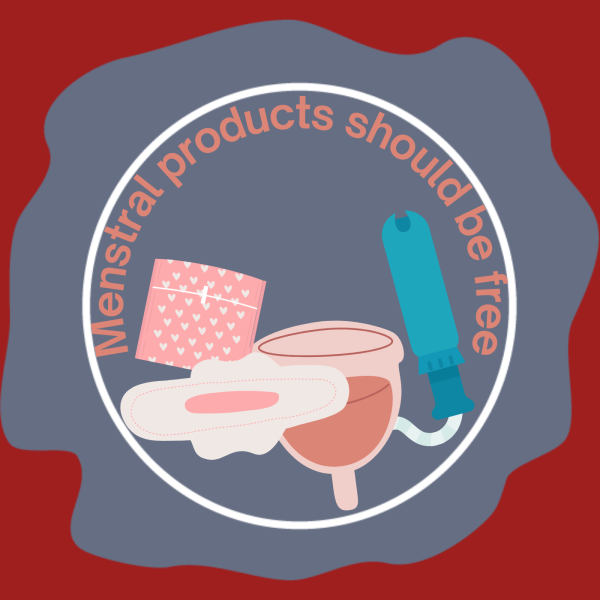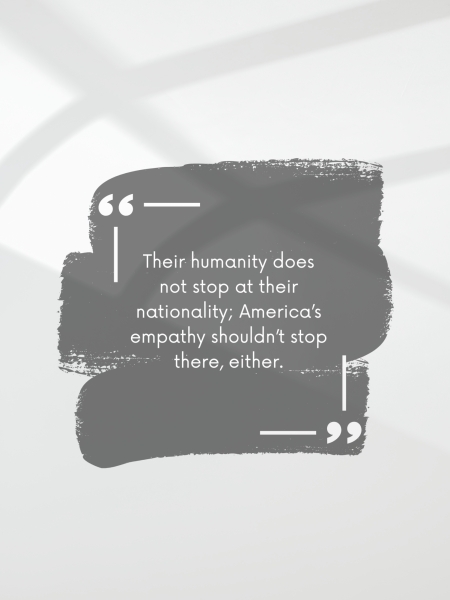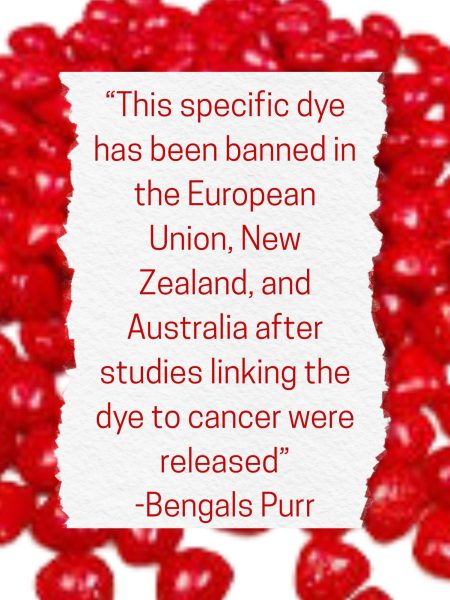Effects of anti-vax movement spread to Washington

Measles vaccine infographic courtesy of cdc.org.
Scientists find new infectious diseases every year..
With new technology, vaccines that help prevent these illnesses are surfacing as well. Over the last few centuries, vaccines have been used to fight diseases ranging from everyday viruses to life-threatening illnesses. Despite all the medical advances that have been made on vaccines, more and more Americans are ignoring the doctor-recommended precaution of immunizations for their children. This new “anti-vax” movement has started to put many kids and other Americans at risk for disease or even death.
A vaccination is a material used to prevent and improve immunity to a particular disease. According to immune.org the history of vaccines dates back to the late 17th century. Edward Jenner discovered he could obtain a cowpox virus to prevent infection from the more dangerous smallpox virus. This became revolutionary for the future of medicine, and sparked the idea into many doctors’ and scientists’ minds, as to what other possible materials could be used to prevent deadly and harmful diseases.
Since then, thousands of vaccines have been created to prevent different diseases and viruses. However, vaccines didn’t become a widely used form of protection until the 1900s. In 1995 an official recommendation to vaccinate children from the ages of 0-18 came from three organizations including Advisory Committee on Immunization Practices (ACIP), American Academy of Pediatrics (AAP), and American Academy of Family Physicians (AAFP), was issued in 1995. Although immunizing children remains as a recommendation in the United States, some parents have chosen to ignore it entirely.
Since 1997, the idea that vaccinations have a direct correlation to autism — and could possibly cause autism — has influenced many parents to stop vaccinating their children. This idea became pertinent after a researcher named Andrew Wakefield published an article talking about the connection between the two. Since the article made very important claims, many health specialists and doctors requested proof of these findings. However, when trying to duplicate the research, all signs pointing toward a link between autism and vaccinations were debunked, according to a 2013 CDC study. But before the research could be disproven, many vocal parents and doctors expressed their concern online and to their friends and began a movement to reject vaccinations, fueled by social media.
The more parents opt out, the bigger the issue becomes. Many news sources, including CNN, reported on an outbreak of measles this year in Washington State. There were 36 confirmed cases of measles in southern Washington — just in January — and the number is still growing. Measles is a highly contagious, but also highly preventable disease,that leads to extreme fevers and possible death if not treated correctly.
When someone with measles enters a hospital seeking treatment, it puts the lives of infants around them in danger. Infants, especially under the age of 6 months, are less likely to be able to receive vaccinations. Therefore, vaccinating older children helps lower the risk of infants obtaining possibly life-threatening diseases from others.
Vaccinations are important to maintaining a healthy life and to remaining harmless to others. When a person ignores or refuses to get vaccinated, or to have their children vaccinated, they can become a to risk to many lives.
Apart from the autism myth, vaccinations may be seen as annoying, inconvenient or unimportant. But each person who gets vaccinated helps prevent fatal diseases for the people around them.





